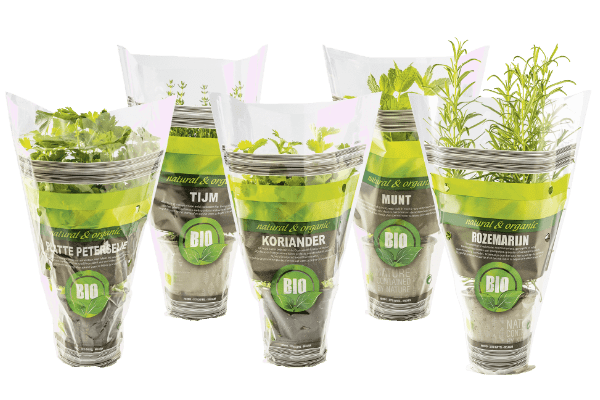Last year, high energy prices meant there was little supply from those countries' greenhouses, so supermarkets had to switch to imports from Southern Europe. How are things looking this year? We approached ALDI Belgium for more insight into their supplies and strategies for the upcoming winter season.

Aldi Belgium's motto is 'as close as possible, and as far as necessary.' "We offer as much local fruit and vegetables as possible, provided it's good quality and the supplier can respond to our size, given that we have 440 stores," says Aldi Belgium spokesman Jason Sevestre. "If the product isn't available in Belgium or there's insufficient supply, we focus primarily on the Benelux area. So we also get some products from just across the border in the Netherlands. That's the case with, say, our parsnips. Some come from the Netherlands to sufficiently complement our parsnip supply. We then move on to southern countries, mainly for vegetables, of which Belgian has lower volumes but where clients still expect a supply. On the other hand, our fresh organic herbs are 100% Belgian all year round."
Aldi can also opt for a more extensive supply of Belgian lit cultivation than last year. Jason: "We already offer as much seasonal fruit and vegetables as possible. To do this, we work with seasonal items that fluctuate, sometimes even every week. On an annual basis, there are two larger changes: the influx of summer items in May, which flow out again in September/October. That, then, makes room for the winter fruit and vegetable assortment. In our stores, you can, thus, now find winter vegetables such as parsnips, Brussels sprouts, green, red, or white cabbage, and, for instance, other Belgian apple and pear varieties, like stewing apples and Doyenne pears. Pumpkin season is in full swing, too, and we currently offer organic pumpkin and butternut squash from Belgium."
With the end of the year approaching, much is expected from affordable Belgian classics like carrots and chicory. "We're expanding this offer with mini, green-topped carrots and open-field chicory. We also pay attention to typical end-of-year products like cranberries, Jerusalem artichokes, and lychees. You can use these products to add a flourish to a dish very simply. Quick and easy.”
"As for promoting local and seasonal, Aldi regularly communicates about its fresh range to its clients via various channels. We have monthly newsletters specifically about fruit and vegetables, that regularly highlight local and seasonal products. We have about eight weekly fruit and vegetable promotions, too, where we often promote seasonal and local fruit and vegetables. In early November, that was for Belgian organic pumpkins at 40% off; the week after, butternut squash at 21% off," Jason concludes.
